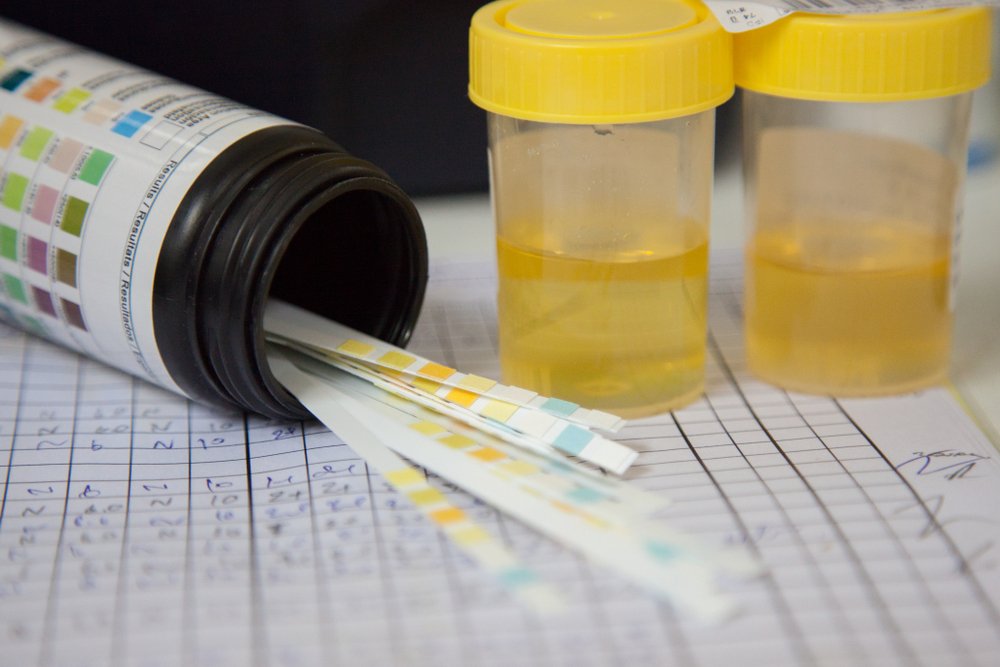
Drug tests are common in many areas of life, including workplaces, schools, and sports. They are conducted to ensure safety, compliance, and fairness. Understanding how to navigate these tests can be crucial, especially if you have concerns about recent substance use. This blog will guide you through effective strategies for passing a drug test, whether it’s for employment, legal reasons, or personal matters. With the right preparation and knowledge, you can approach your test with confidence and peace of mind.
Types of Drug Tests
Drug tests come in various forms, each designed to detect the presence of substances in your system.
Urine Tests
Urine tests are the most common type, often used by employers. They are relatively easy to administer and can detect a range of drugs within a few days to weeks after use.
Hair Tests
Hair tests are less common but can detect drug use over a longer period, typically up to 90 days. This method analyzes hair samples for traces of substances.
Saliva Tests
Saliva tests are quick and non-invasive, usually conducted on-site. They are effective for detecting recent drug use, generally within a few hours to a couple of days.
Blood Tests
Blood tests are the least common but are often used in legal situations. They can detect substances in the bloodstream and provide a very accurate representation of recent use.
Understanding Drug Detection Windows
Each drug test has a specific detection window, which is the period during which a substance can be identified in your system.
What is a Detection Window?
A detection window refers to the time frame in which drugs remain detectable in your body after consumption. Understanding this window is crucial for anyone preparing for a drug test.
Factors that Influence Detection Times for Various Substances
Detection times vary based on several factors, including the type of drug, frequency of use, and individual metabolism. For example, marijuana can be detected in urine for up to 30 days in regular users, while cocaine may only last a few days.
Preparation Before the Drug Test
Preparation is key to successfully how to pass a drug test.
Importance of Knowing the Test Type
Understanding what type of test you will take can help you tailor your preparation. Each test has different detection methods and timelines.
Avoiding Substances: Timeline and Strategies
If you know you have a test coming up, the best strategy is to stop using any substances well in advance. Depending on the drug, this could range from a few days to several weeks.
Staying Hydrated and Its Effects
Staying hydrated is important, but it’s crucial to do so responsibly. Drinking excess water right before a test can lead to dilution, which may raise suspicion and prompt retesting.
Natural Detox Methods
Detoxing naturally is an effective approach for many individuals.
Healthy Diet Recommendations
Eating a balanced diet rich in fruits, vegetables, and whole grains can help your body eliminate toxins more effectively. Foods like leafy greens, berries, and nuts are particularly beneficial.
Exercise and Its Benefits
Regular exercise can accelerate your metabolism, helping to flush out drugs from your system. Cardiovascular workouts, in particular, promote sweating, which aids in detoxification.
Home Remedies: What Works and What Doesn’t
While some home remedies claim to detoxify your body quickly, many lack scientific backing. Be cautious and prioritize methods supported by evidence, like hydration and nutrition.
Commercial Detox Products
Many products on the market claim to help with drug testing.
Overview of Detox Drinks and Kits
Detox drinks and kits vary in formulation, often containing herbs and vitamins. Some are designed to cleanse your system quickly, while others support overall health.
How to Choose a Reliable Product
Choosing a reliable detox product involves researching brands, reading reviews, and looking for third-party testing. It’s essential to select a product known for quality and effectiveness.
Tips for Effective Use
If you opt for a detox product, follow the instructions carefully. Timing, dosage, and accompanying hydration can significantly influence the effectiveness of these products.
Tips on Test Day
The day of the test can be stressful, but having a plan can ease anxiety.
What to Do and What to Avoid
On test day, it’s best to remain calm and avoid consuming any substances or foods that could affect your results. Stick to your normal routine as much as possible.
How to Handle Anxiety and Stress
If you feel anxious, take deep breaths and remind yourself that you have prepared. Consider practicing relaxation techniques, such as meditation or gentle stretching, to help ease your mind.
Understanding Your Rights
Knowing your rights can help you feel more empowered during the drug testing process.
Privacy Concerns Related to Drug Testing
Drug tests must be conducted fairly and confidentially. Employers should not disclose your results without your consent, and you have the right to know the process.
Knowing Your Rights in Different Situations
Depending on your location, laws regarding drug testing can vary. Familiarize yourself with local regulations to understand your rights and responsibilities.
Conclusion
Successfully passing a drug test requires preparation, knowledge, and responsible choices. By understanding the types of tests, preparation strategies, and your rights, you can approach your test with confidence. Always prioritize health and well-being, and remember that the best way to pass a drug test is to avoid substances altogether.

